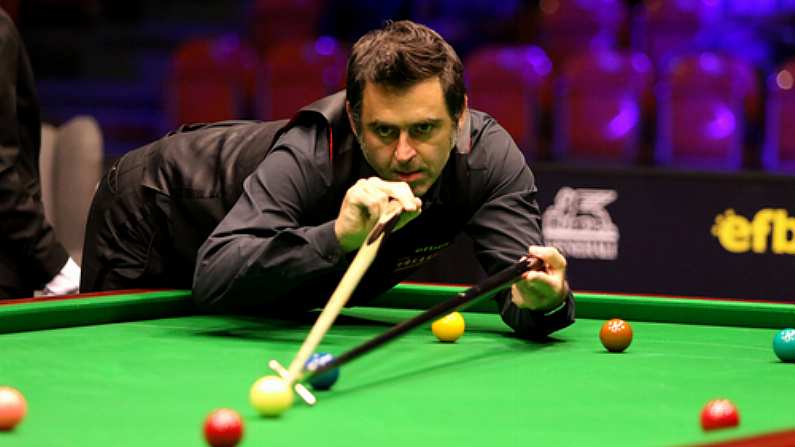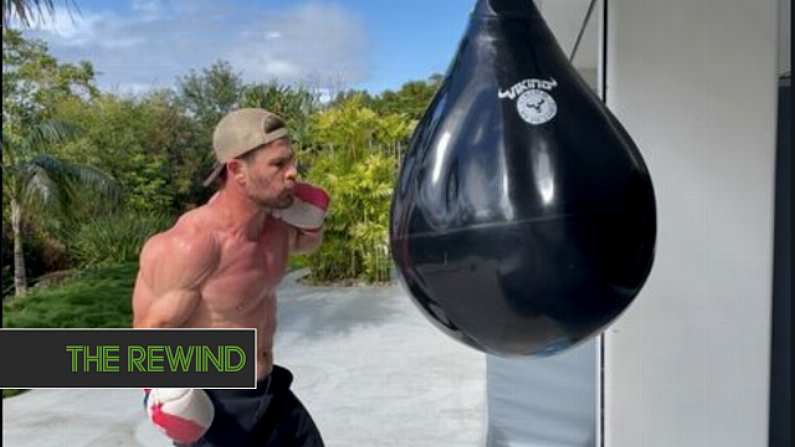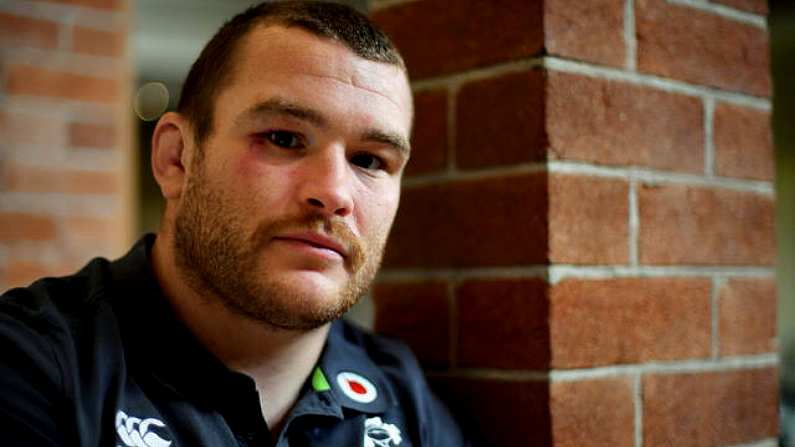Ronnie O'Sullivan remains one of the most compelling people in sport. It's truly rare to encounter someone in sport who can match actual greatness with deep introspection and self-awareness. O'Sullivan has been scathingly honest about his own demons, and the arduous work it took to overcome them.
He sat down with Simon Mundie on the most recent episode of the 'They Don't Know The Score' on BBC to talk about a lot of things. Ronnie, for instance, reveals he wouldn't pick snooker if he could do it again. At the heart of the conversation is the theme of moderation, and how moderation changed, and possibly saved, O'Sullivan's life and his career.
"Moderation is hard," O'Sullivan says. He admits to having an addictive personality, and even says that moderation in itself requires a moderate approach. But once O'Sullivan was able to apply a moderation to his interest in running, he was able to reorganise his unhealthy relationship with the sport he is so good at.
“I know how good I feel when I exercise or train or do some sort of physical activity. It can be driving a go kart or picking up some boxes for my mum. Moderation can be good as long as it's not applied in a lazy way, as long as you're not looking for a shortcut. I don’t believe in shortcuts. I don’t believe there’s a quick way to success. If I went to the running club, I'd think I'd have to run hard every day to run better. But I got a good coach and he only let me run hard twice a week. The rest of it had to be steady running. And then I ran my best times. So sometimes the moderation is seeking out someone who's done it, who's been there before. Two hard sessions a week is enough. Once I started to learn that about my running I started to apply that to my snooker. Because it's a trait of mine to overdo it.”
With that knowledge to hand, O'Sullivan started to break up his training week on the snooker table, thinking of a four-hour session as hard training, and 90-minute session as a recovery day. You don't need to be one of the world's best snooker players to find some meaning in O'Sullivan's words: they're lessons that can be applied to every walk of life.
Listen to the entire engaging interview with O'Sullivan here.














